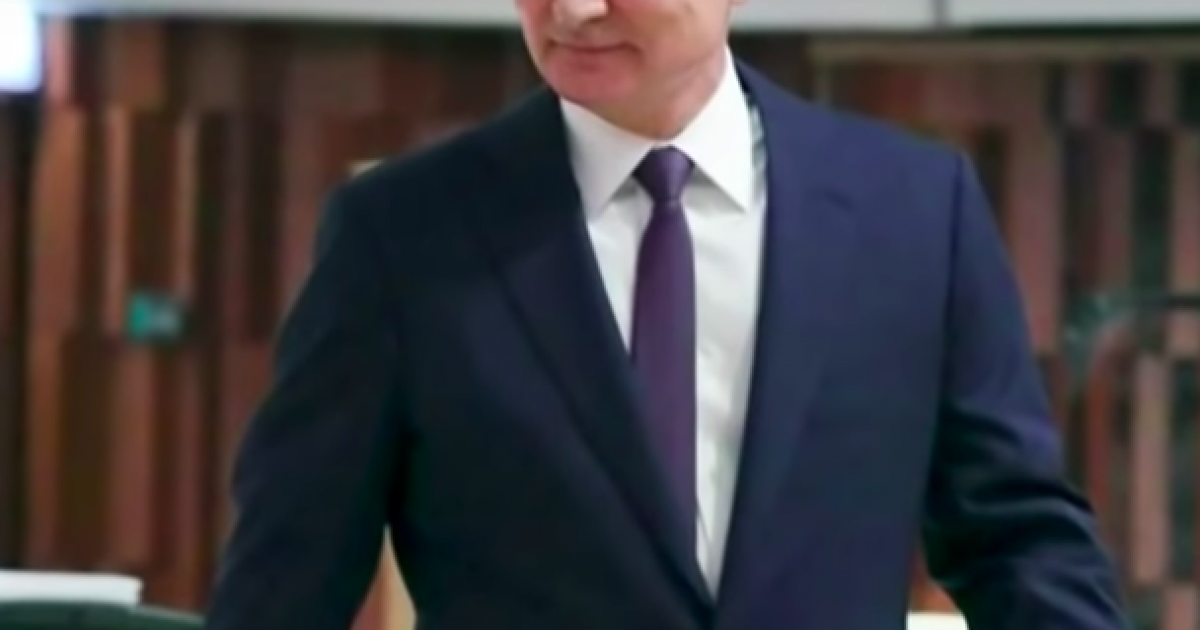
On April 15, 2021, the Biden administration slapped a strong set of sanctions against Russia.
According to the Financial Times, the sanctions targeted Russia’s government debt, which is the latest move in the Biden administration’s hawkish course against Russia.
Among the punitive measures taken against the Biden administration, were moves to expel 10 Russian diplomats from the US and sanctions against 38 companies, entities, and individuals allegedly involved in attempts to interfere in US elections and launch cyber attacks against the US.
Biden declared that the sanctions were a response to the “unusual and extraordinary threat to the national security, foreign policy and economy of the United States posed by specified harmful foreign activities of the government of the Russian Federation.” On April 14, the US government scapegoated SVR, Russia’s foreign intelligence service, for the SolarWinds hack, which allegedly impacted at least nine federal agencies and 100 companies. According to a senior administration official, the hack gave Russia “the ability to spy on or potentially disrupt more than 16,000 computer systems worldwide.”
Once the punitive measures were announced, there was a sell-off in Russian assets in addition to a warning from the Russian government that DC’s latest moves would impede efforts to reduce tensions between the two countries. The new sanctions prohibit US financial institutions from taking part in the trade of newly issued Russian state debt. This debt is known as OFZs. On top of that, American financial institutions were barred from trading in bonds that the Russian central bank and National Wealth Fund issued.
These newly rolled out bans only impact debt that’s issued following June 14. Generally speaking, measures that hone their focus on new state debt have been perceived as a “nuclear option” for the US. The US government’s recent move is in response to the growing tensions between Russia and Ukraine along Ukraine’s eastern border with Russia. Russian troops have recently been increasing their presence along the border with Ukraine.
Sanctions against Russia have started ever since it annexed Crimea in 2014 against the backdrop of a US-sponsored coup in Kiev, which Russia viewed as an existential threat to its geostrategic interests in its traditional sphere of influence.
The package features sanctions on 32 individuals and organizations who allegedly interfered in the US elections. Further, the sanctions covered six Russian technology companies who allegedly work with the country’s intelligence services and who are viewed by DC elites as the likely culprits of the SolarWinds hack.
Both the EU and NATO released statements manifesting their “solidarity” with the US government’s punitive actions. Dominic Raab, the British foreign secretary, declared that the US and UK already knew about Russia’s actions to allegedly subvert their democracies. “[We] are calling out Russia’s malicious behaviour, to enable our international partners and businesses at home to better defend and prepare themselves against this kind of action,” he declared. “The UK will continue to work with allies to call out Russia’s malign behaviour where we see it.”
The Anglo-American intelligence establishments are itching for conflict with Russia. Geopolitically speaking, they want to prevent any kind of rapprochement between Russia and other continental hubs such as France and Germany. Many of these Russophobes are stuck in a Cold War mindset and view the current Russian Federation as an extension of the Soviet Union, instead of a country that it can have productive relations with.
In the end, the joke will be on the neoconservative/neoliberal interventionist crowd, as Russia drifts in China’s sphere of influence and becomes a junior partner in a Eurasian bloc that will check American hegemony and bring some semblance of balance to international affairs.
A more sober foreign policy would be one where relations with Russia would be relaxed as a way to use it as a strategic partner to balance China’s rise.



